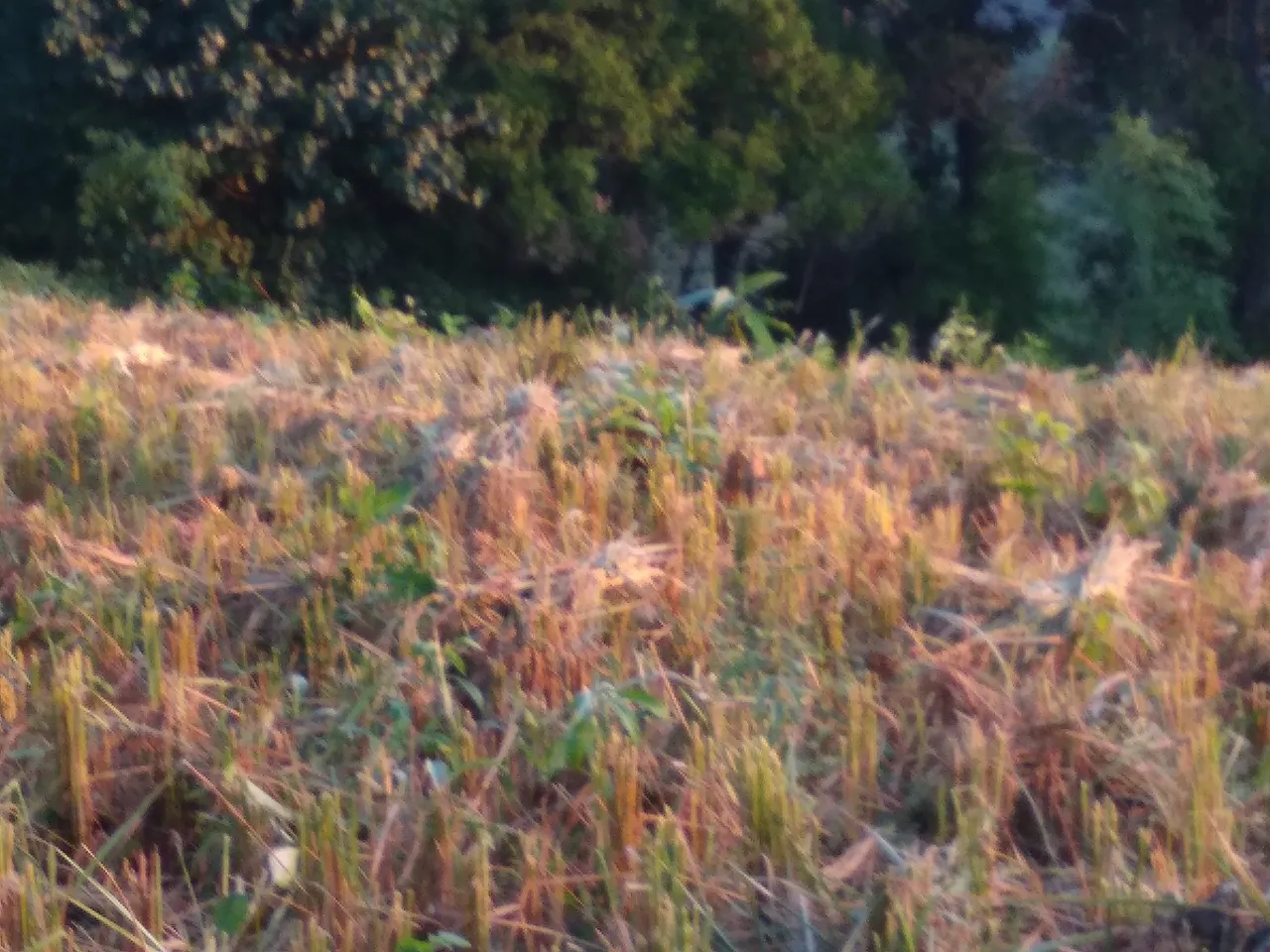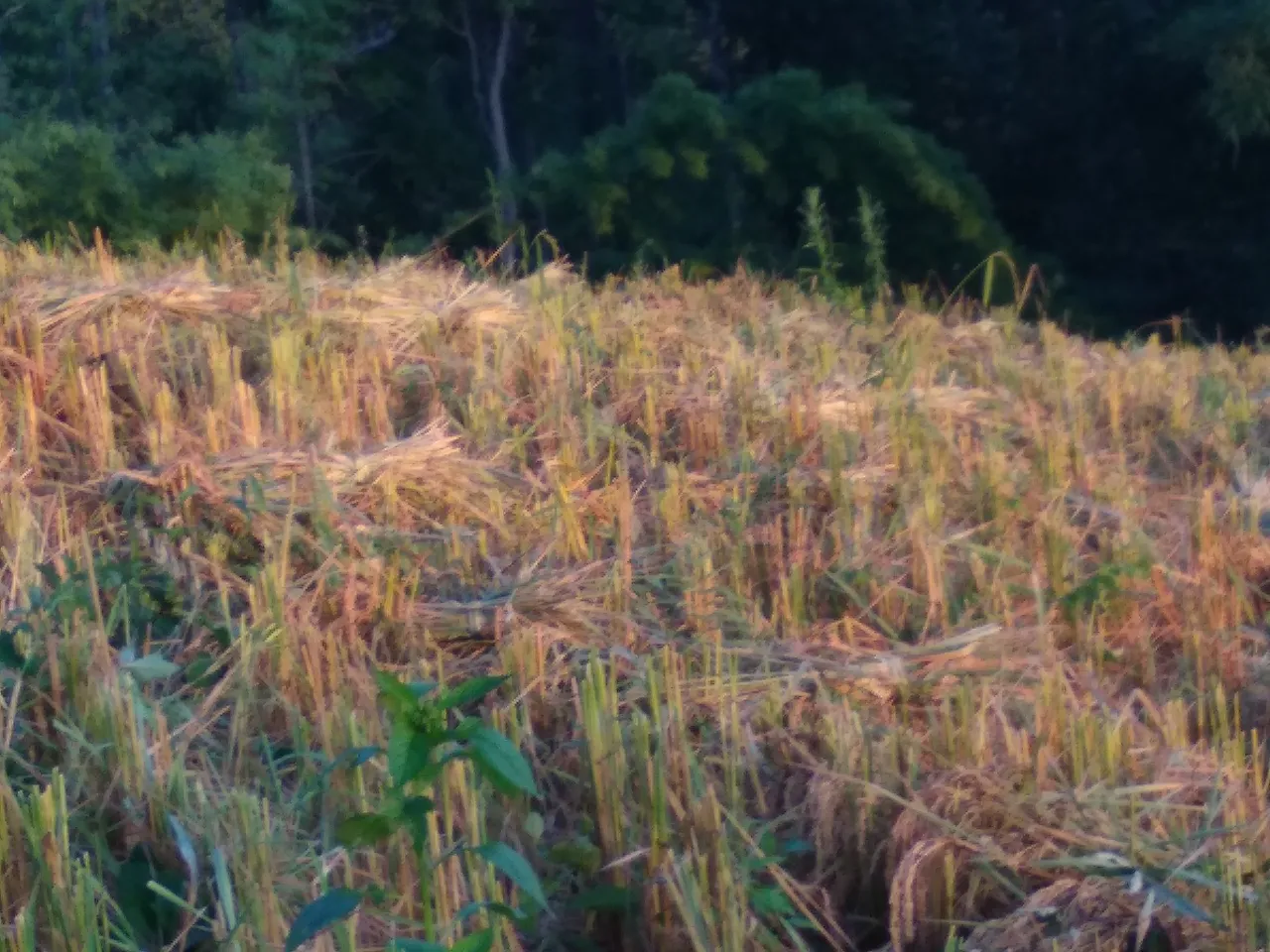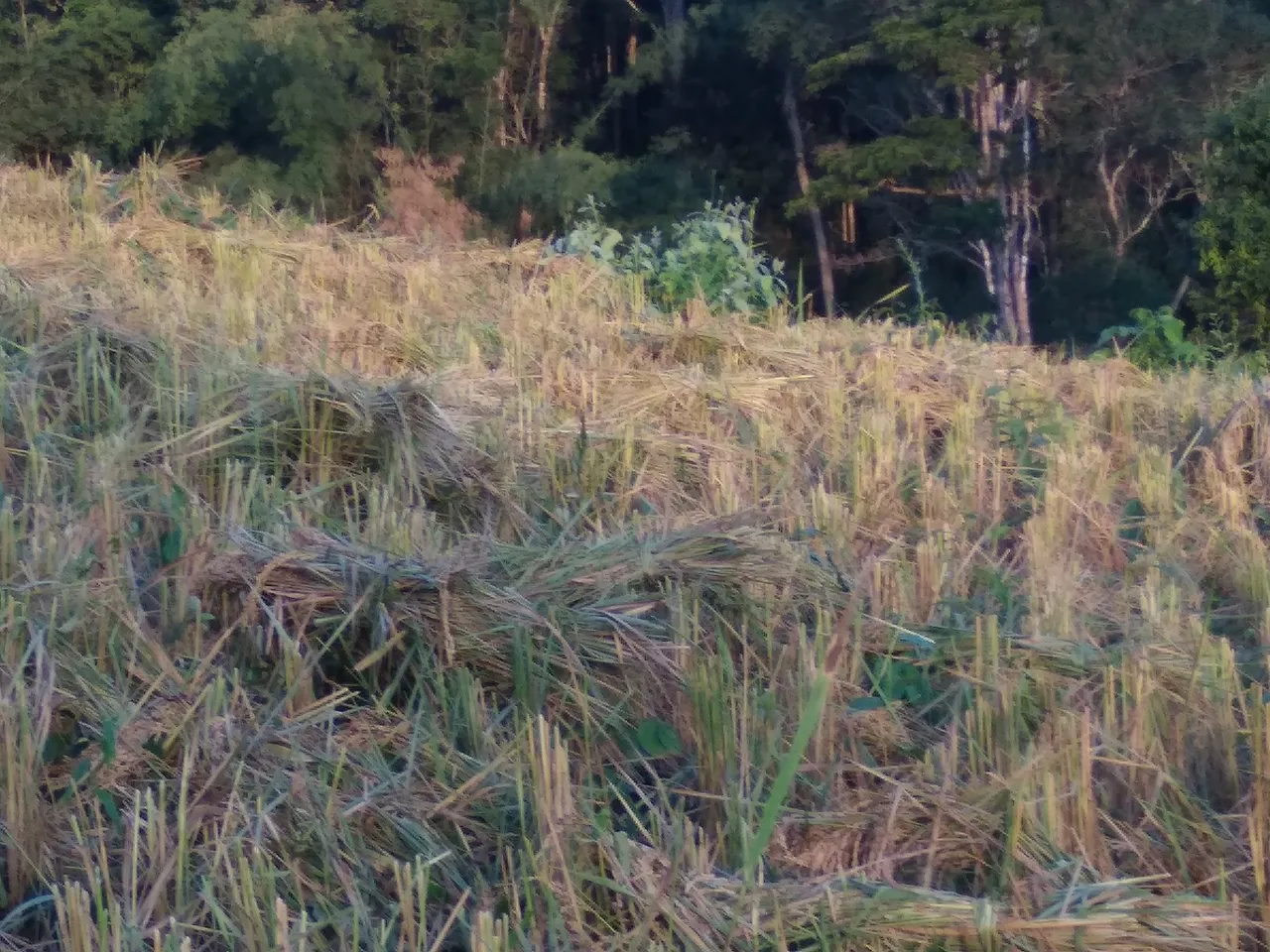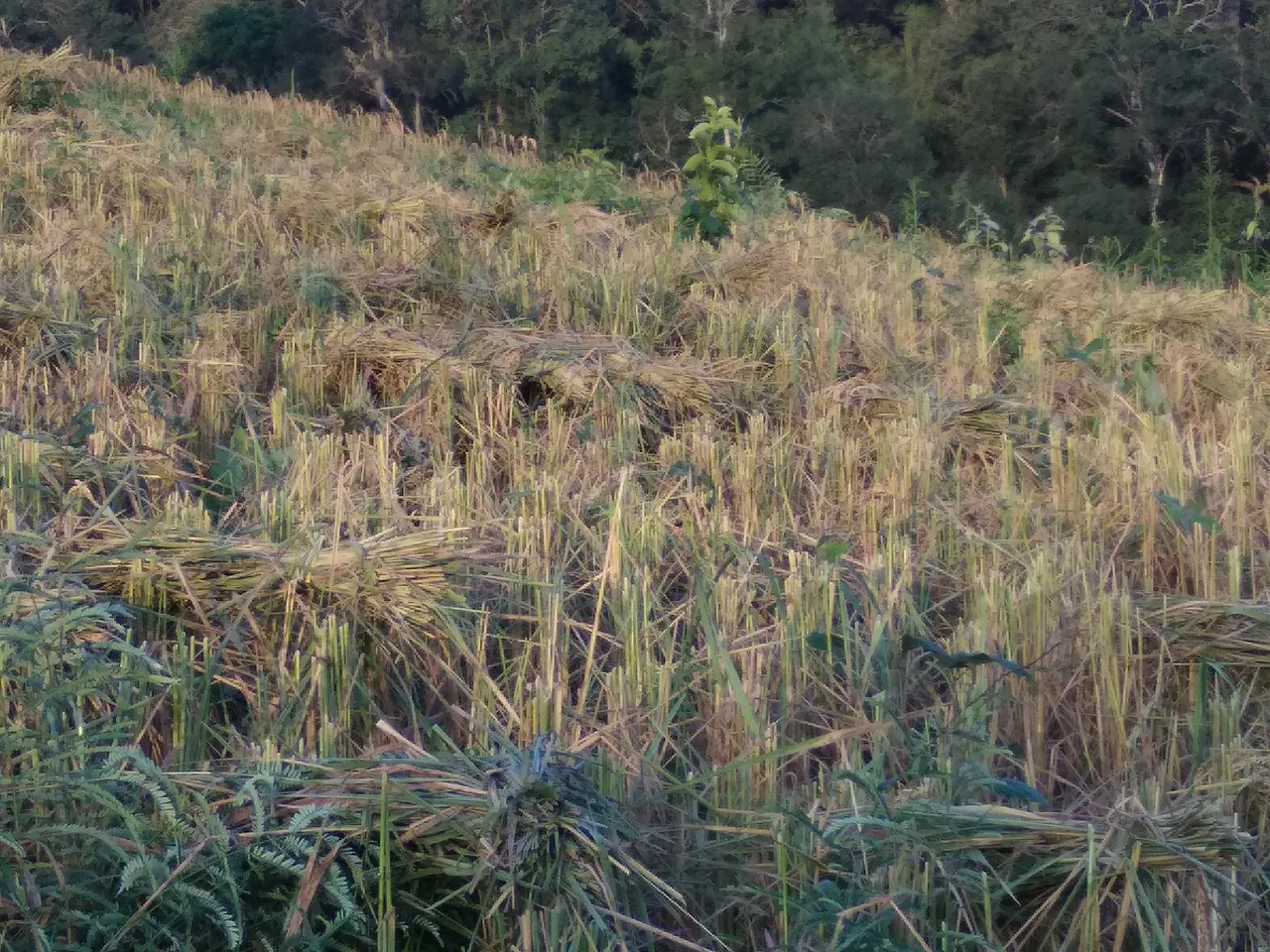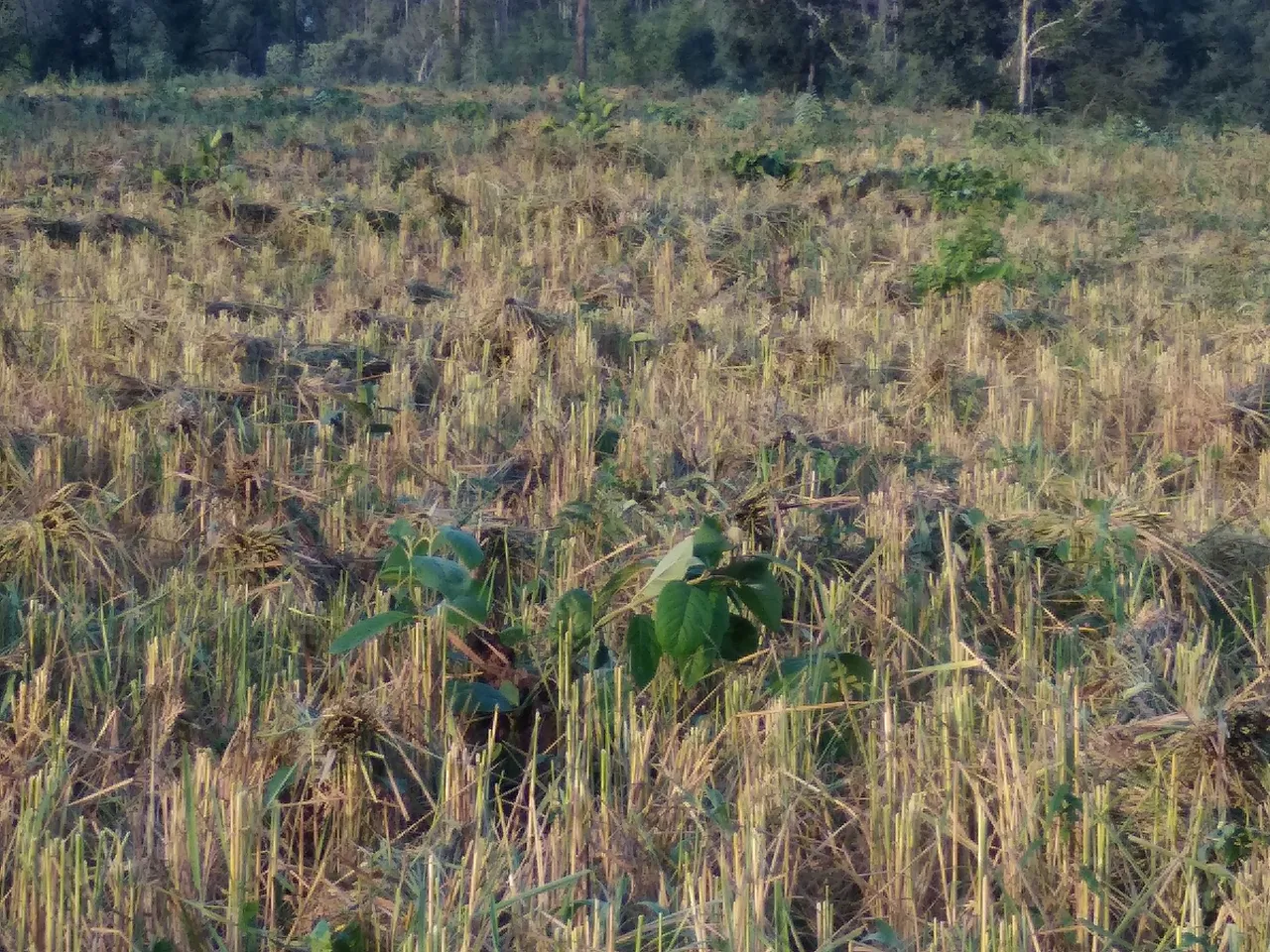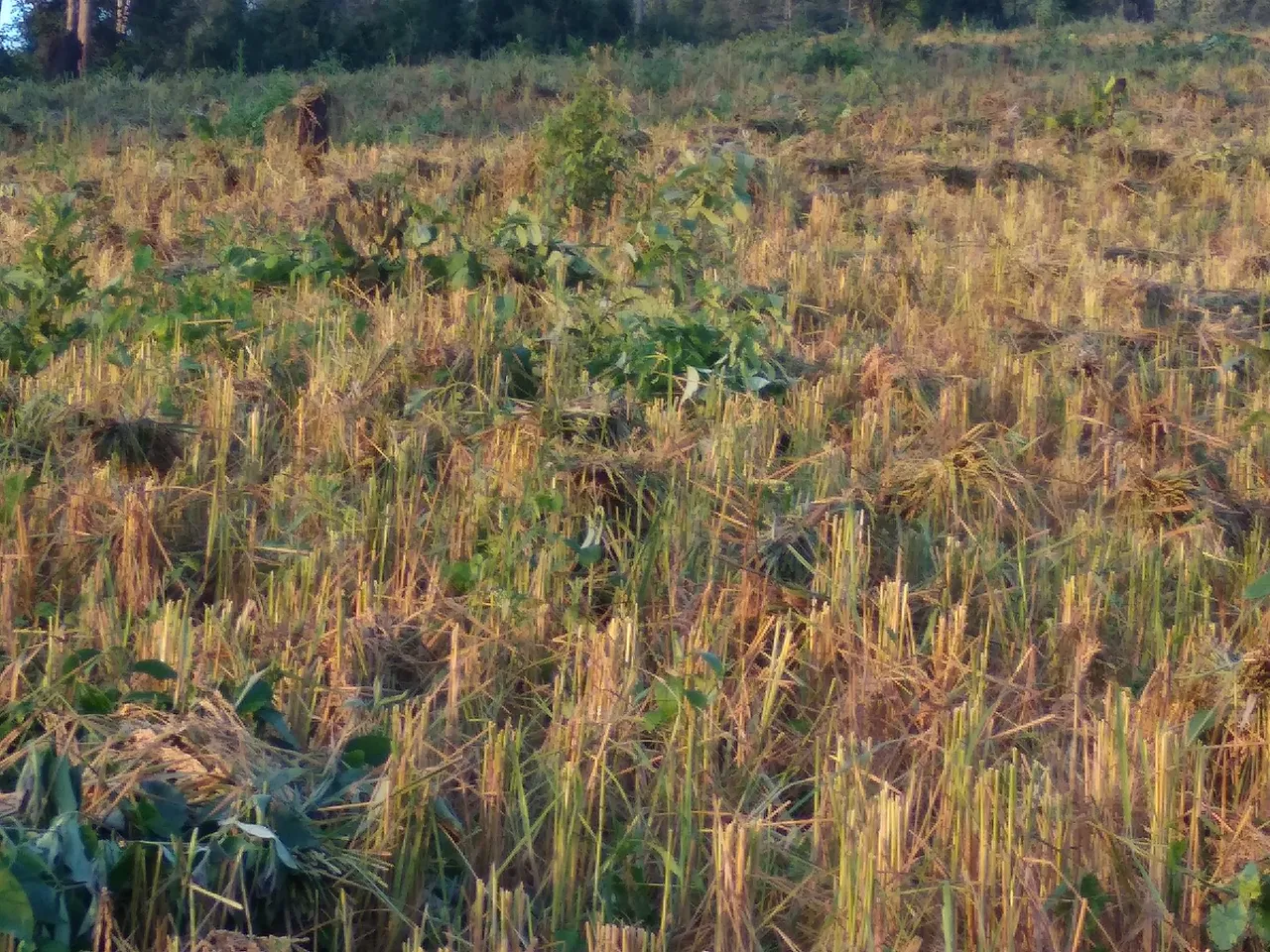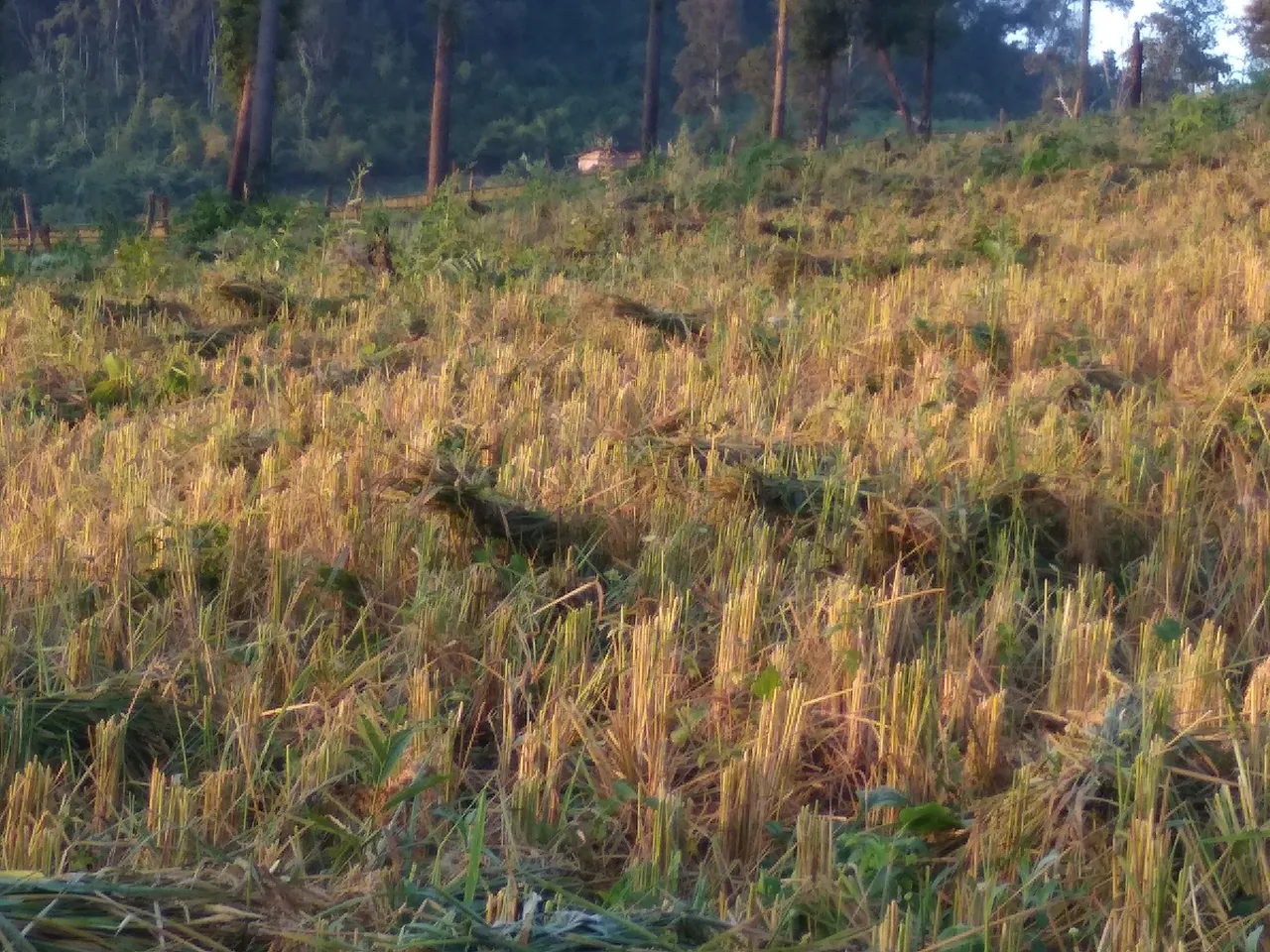The topic of organic crops and the issues related to the abuse of pesticides and insecticides in Thailand.
A bit out of traveling but an interesting topic for locals, expats, students and tourists
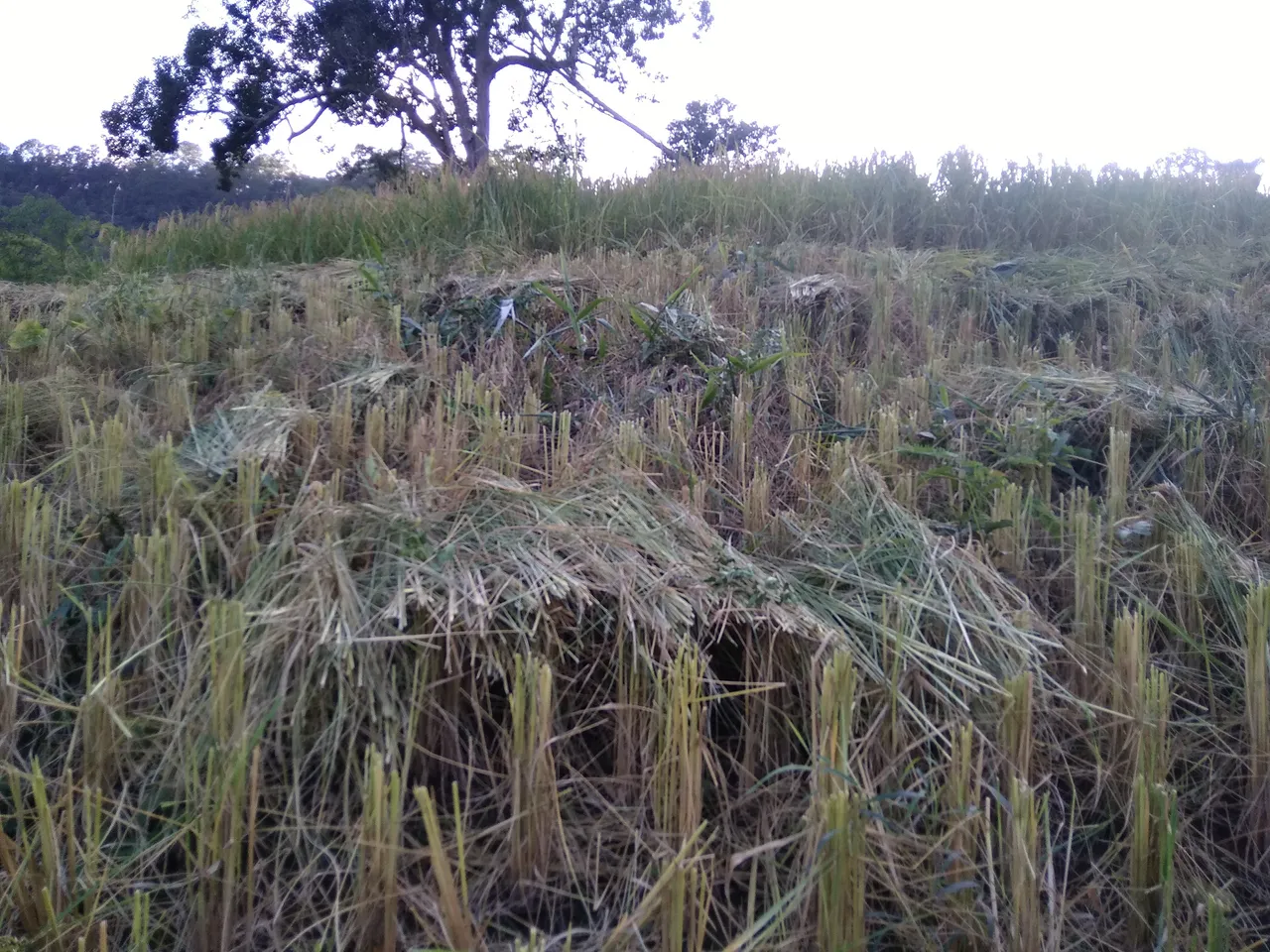
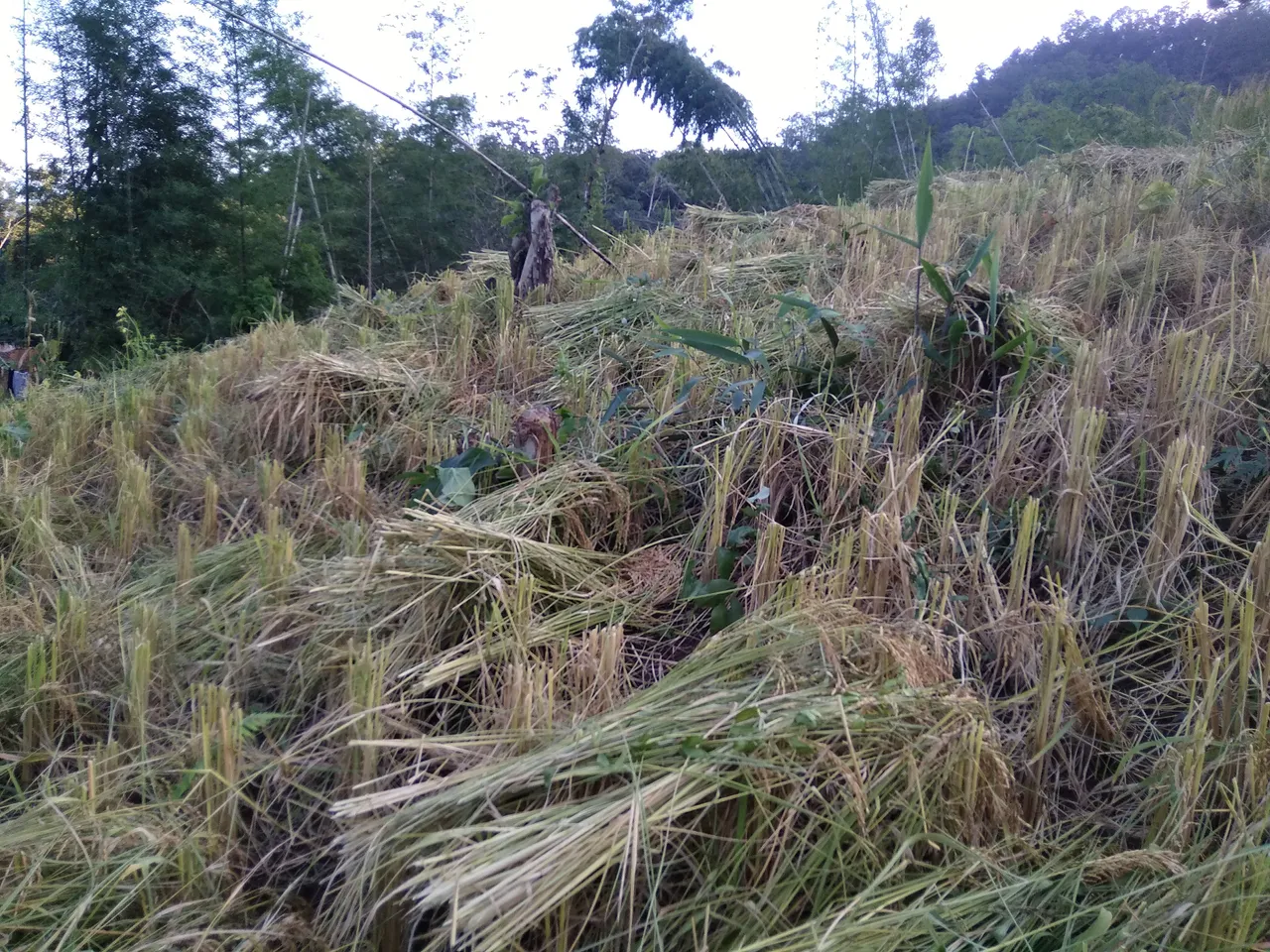
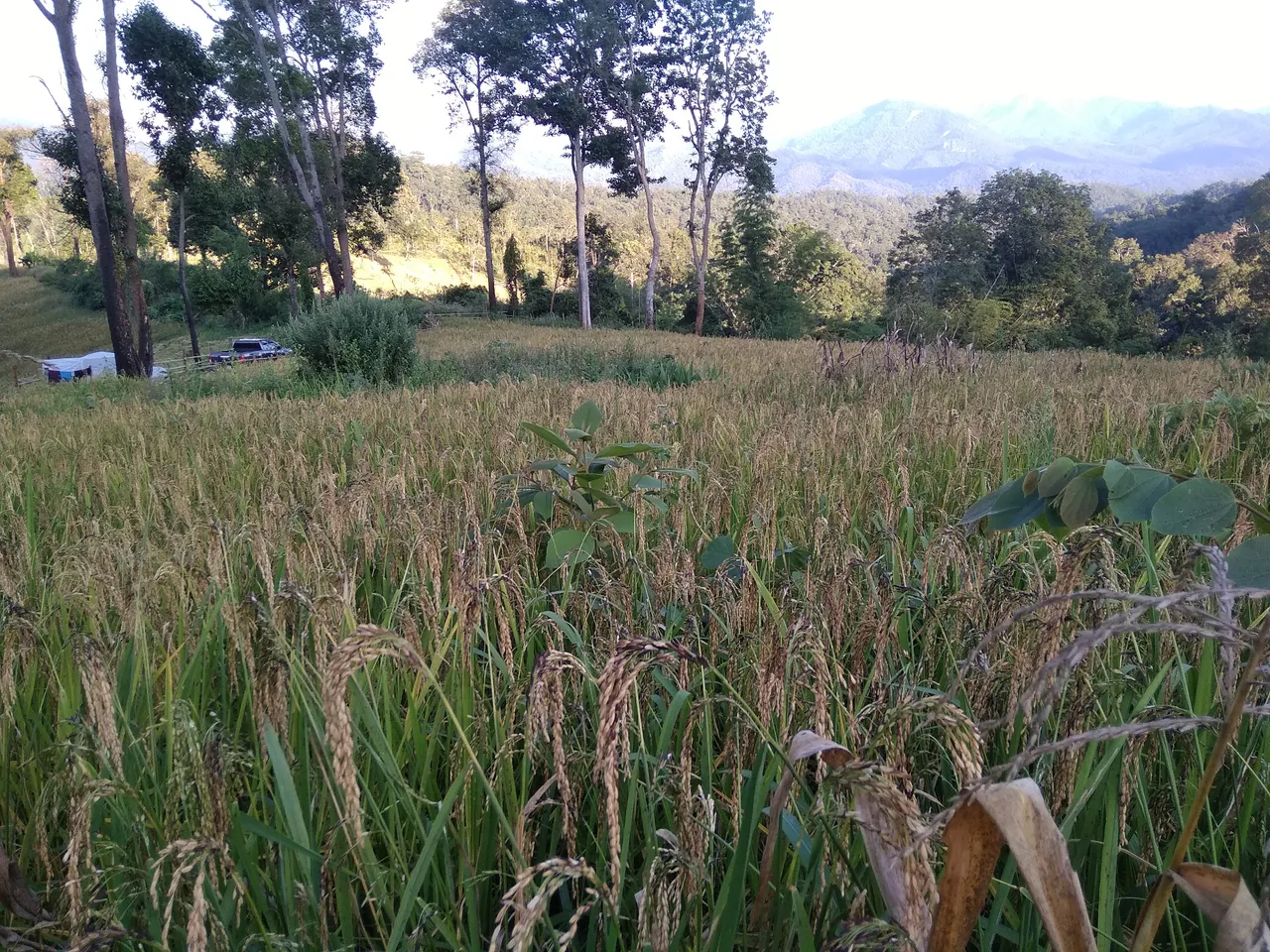
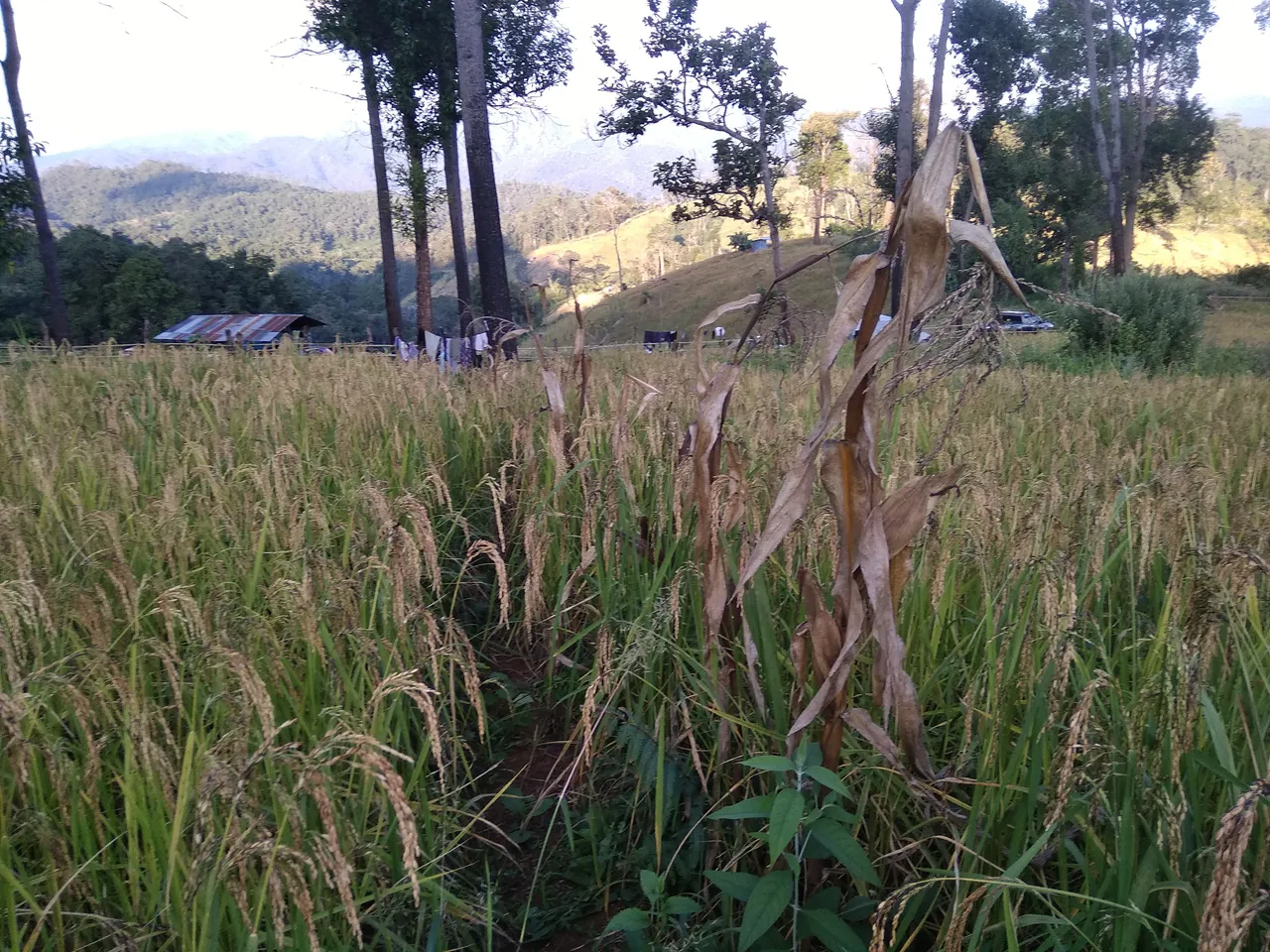
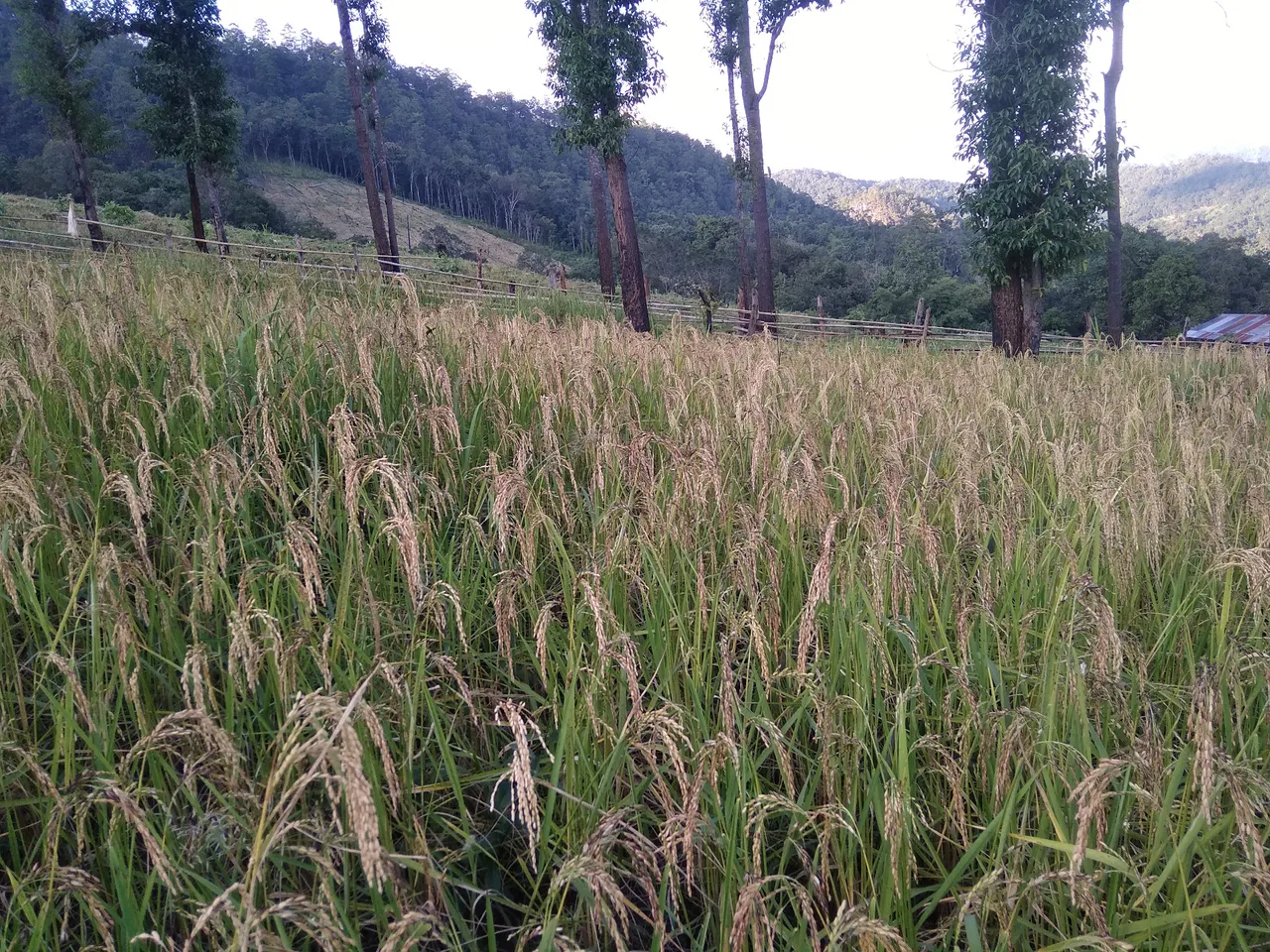













Organic Crops in Thailand:
Organic farming in Thailand, as in many other parts of the world, is an agricultural practice that aims to cultivate crops without the use of synthetic chemicals, genetically modified organisms (GMOs), or other artificial additives. Instead, it relies on natural processes and sustainable practices to promote soil health and crop growth.
Environmental Benefits: Organic farming in Thailand focuses on maintaining the ecological balance of the soil and surrounding environment. This includes the use of organic fertilizers, crop rotation, and companion planting to enrich the soil and deter pests naturally.
Healthier Produce: Organic crops are cultivated without synthetic pesticides, herbicides, or chemical fertilizers. This can result in produce that is less likely to contain residues of harmful chemicals, making it a healthier choice for consumers.
Sustainability: Organic farming practices often emphasize sustainability and biodiversity. Thai farmers practicing organic agriculture are encouraged to preserve local crop varieties and protect natural habitats.
Abuses of Pesticides and Insecticides in Thailand:
Unfortunately, Thailand, like many other countries, has faced challenges related to the excessive use and abuse of pesticides and insecticides. Here are some issues associated with this:
Health Risks: Overuse of pesticides and insecticides can pose significant health risks to farmers and consumers. Direct exposure to these chemicals can lead to various health problems, including skin irritations, respiratory issues, and in severe cases, poisoning.
Environmental Impact: The misuse of pesticides can have detrimental effects on the environment. It can lead to soil degradation, water pollution, and harm to non-target species, such as beneficial insects and birds.
Residue in Food: Residues of pesticides can persist on fruits, vegetables, and other crops even after harvesting. Consuming produce with high pesticide residues can potentially lead to health issues in humans.
Resistance Development: Frequent use of pesticides can lead to the development of pesticide-resistant pests, making it harder to control them in the long run. This often results in a cycle of increased pesticide use.
Economic Concerns: The cost of purchasing pesticides and insecticides can be a significant financial burden for small-scale farmers, like those in some regions of Thailand, impacting their profitability.
Efforts have been made in Thailand to promote sustainable and responsible pesticide use through education and regulation. However, challenges still exist in ensuring widespread adoption of these practices.
In summary, organic farming practices in Thailand promote sustainability, environmental health, and produce that is free from synthetic chemicals. On the other hand, the overuse and abuse of pesticides and insecticides in conventional farming can have adverse effects on human health, the environment, and the long-term viability of agriculture. Balancing these concerns is crucial for the future of Thai agriculture.
